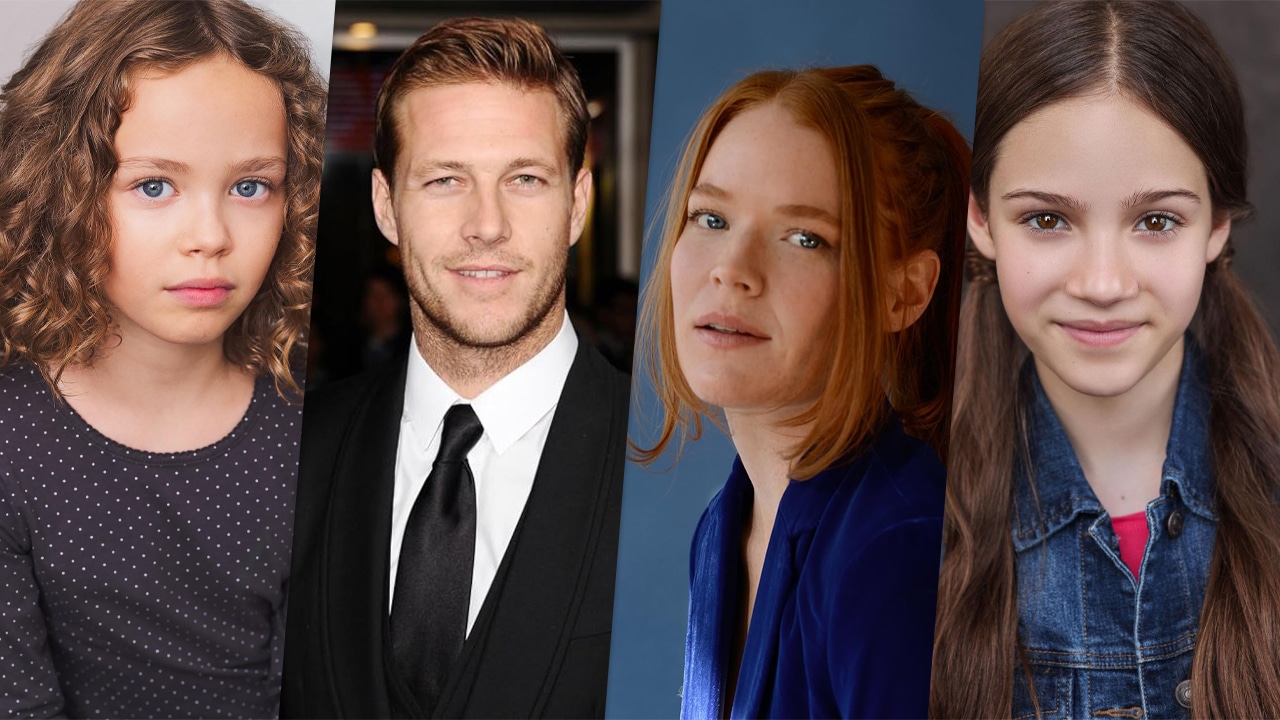A scene from the Canadian Opera Company’s production of Eugene Onegin, 2025. Colourful contrast between austerity and ebullience is at the heart of this opera’s three acts.Michael Cooper/Supplied
Eugene Onegin
A Canadian Opera Company production at the Four Seasons for the Performing Arts in Toronto
- Written by Pyotr Ilyich Tchaikovsky
- Performed by Andrii Kymach, Lauren Fagan, Evan LeRoy Johnson, Krisztina Szabó
- Conducted by Speranza Scappucci
This year’s Canadian Opera Company production of Eugene Onegin, originally created by Canadian director Robert Carsen, is a technicolour dreamscape about memories, and captures that effusive glow of love in the rear-view.
Carsen’s signature austerity and abstract approach to his productions have become a COC mainstay over the years. But this opera is itself an abstract of an Alexander Pushkin novel – so it’s a bit of a risk to go even further in the direction of the abstract world of words that it’s based on. Carsen must have been conscious of that, because his overarching minimalism has been thoughtfully balanced with lush costume design by Michael Levine and a feast of colour by lighting designer Christine Binder. It’s a frictionless collision between contemporary aesthetics and the volatile but colourful milieu of 1820s Russia, a collision further lubricated by a wispy Tchaikovsky score under conductor Speranza Scappucci‘s ebullient baton.
This colourful contrast between austerity and ebullience is at the heart of this opera’s three acts. Tatyana (Lauren Fagan) is a bookworm whose wealth of knowledge is stored neatly in the bookshelf next to her bed in the attic. All is good and orderly until the worldly and insatiable Eugene Onegin (Ukrainian baritone Andrii Kymach) visits for dinner on the invitation of his newly made acquaintance, Lensky (Evan LeRoy Johnson). Tatyana sees in Onegin a future where all the love she’s read about in books finally makes contact with reality. In turn, Onegin sees in Tatyana a naive relic of his less-worldly past. Heartbreak ensues. This is followed by a scuffle between Onegin and Lensky over Tatyana’s more extroverted sister Olga; and when Onegin kills Lensky in a duel, he becomes a globetrotter to escape his guilt.
It’s a fairly conventional operatic plot, a bankable box-office hit. But the question this production has been asking since its 1997 premiere at the Metropolitan Opera is: Is there more to this opera than the too-little-too-late trope when Onegin finally returns ready to love Tatyana? Australian soprano Fagan’s absolutely possessed portrayal of Tatyana – her first time singing the role – provides an emphatic “yes.”
Carsen insists this is Eugene Onegin’s story, in opposition to the degree that Tatyana dominates both the score and the audience’s sympathy. So the seven scenes of this production orbit around the titular character. Whether she intended it or not, Fagan’s command of the stage and of her character is a resounding clapback at Carsen’s orientation.
Michael Levine’s set and costume design are well integrated in this production. No scene better demonstrates that than the impressionistic procession after Onegin kills Lensky at the end of Act 2. It’s a pointedly meticulous transition sequence as Onegin is disrobed and and refitted with a more modern attire by a team of ushers, themselves dressed to the nines. In the subtlest way possible, this changing of clothes conveys the passage of time and changing of the guards (the St. Petersburg Decembrist Uprising of 1825 lines up roughly with when Onegin’s travels gets under way). The effect is a time lapse of years passing in just a few moments.
Michael Levine’s set and costume design are well integrated in this production.Michael Cooper/Supplied
Standout performances abound, not least Kymach’s fit in the title role. It’s a notably physical performance, one that requires him to keep up the stoic airs of haughty socialite while also singing straight to the fifth floor of the Four Seasons Centre. Kymach nails the brief without breaking a sweat, his vocal stature nearly overshadowing his acting chops.
Likewise, Krisztina Szabó’s approach to the limited but significant role of Madame Larina (Tatyana’s mother) set the vocal tone at the top of the first act. Prince Gremin’s aria in the first scene of Act 3 (“Lyubvi fse vozrasti pokorni”/“To love, both young and old surrender”) is another checkpoint to a successful performance and Dimitry Ivaschenko did not disappoint (great casting, as he’s been singing this role for almost 25 years).
Musically, there are few barnburners in this opera, as Tchaikovsky seemingly went more for the heartstrings rather than the purse strings. But there are many fiercely lit candles throughout, short paragraphs of music that buoy the voices onstage without overpowering it – and Scappucci managed to keep the fire going from curtain till curtain.
This production first arrived at the COC in the fall of 2018, at the behest of then-artistic director Alexander Neef. I saw it then and, seeing it now seven years later, it’s striking how its structure made it feel like no time has passed at all. Carsen constructed these seven scenes as vignettes of memories recollected from a long time ago, such that the opera concludes in the same tableau that it opened with, giving the effect of an eternally recurring storyline. It’s perhaps an olive branch extended to the two star-crossed lovers whose stars don’t quite align, leaving open the possibility that Tatyana’s briefly ignited love, though unrequited, will always have a future.
Eugene Onegin runs until May 24.
















